Research and Learning Centers (RLCs) help connect scientific research on park resources with education and outreach. Parks benefit from scientific research on natural and cultural resources that provides inforation to inform decision-making on how to best protect them. Scientists benefit from parks because they protect and manage natural and cultural resources making them and available and suitable for research. And visitors benefit from opportunities to learn and engage through science in parks.
The Great Lakes Research and Education Center (GLREC) is hosted at the Indiana Dunes National Park which provides funding and oversight. The GLREC achieves its mission by working with multiple NPS parks and partners dedicated to connecting science and education around the natural and cultural resources of the Great Lakes.The GLREC partners include federal offices, non-profits, educational institutions and local communities. Partnerships with local schools, community organizations, and institutions of higher education play an essential role in our community science and internship programs.
The Great Lakes Inventory and Monitoring Network
The Great Lakes Inventory and Monitoring Network (GLKN) is part of the National Park Service's Inventory and Monitoring Division. It conducts long-term monitoring of critical natural resources in nine parks in Michigan, Indiana, Wisconsin, and Minnesota. A primary goal is to develop and maintain certified species lists for vascular plants and vertebrate animals in each network park. Those data can be found on NPSpecies. In addition, the Inventory and Monitoring Network tracks the "vital signs" of park by monitoring water, plant communities, wildlife populations, weather and climate, landscape dynamics, contaminants and more. If you are looking to learn more about research in GLREC partner parks, the Great Lakes Inventory and Monitoring Network website is an excellent resource.
GLREC Partner Parks
-
 Apostle Islands National Lakeshore
Apostle Islands National LakeshoreTwenty-one islands along Lake Superior's south shore and 12 miles of mainland host picturesque sea caves, sandy beaches, and lighthouses.
-
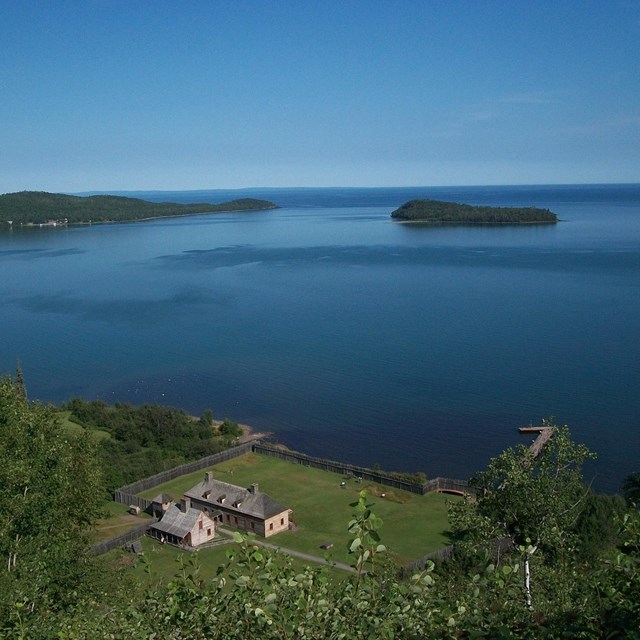 Grand Portage National Monument
Grand Portage National MonumentIn the northwest tip of Minnesota, explore the history of Ojibwe people and the North West Company of the North American fur trade.
-
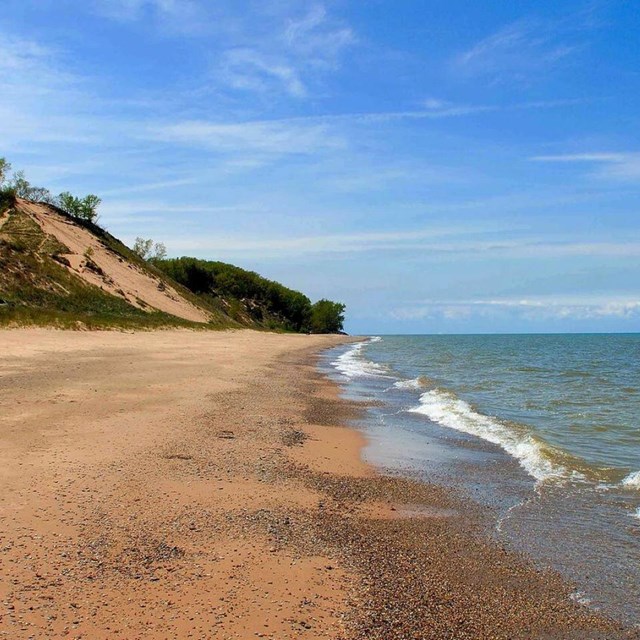 Indiana Dunes National Park
Indiana Dunes National ParkRanked 5th in the NPS system for biodiversity, find 15 miles of coast and dunes, plus wetlands, prairies, oak savanna and cultural resources
-
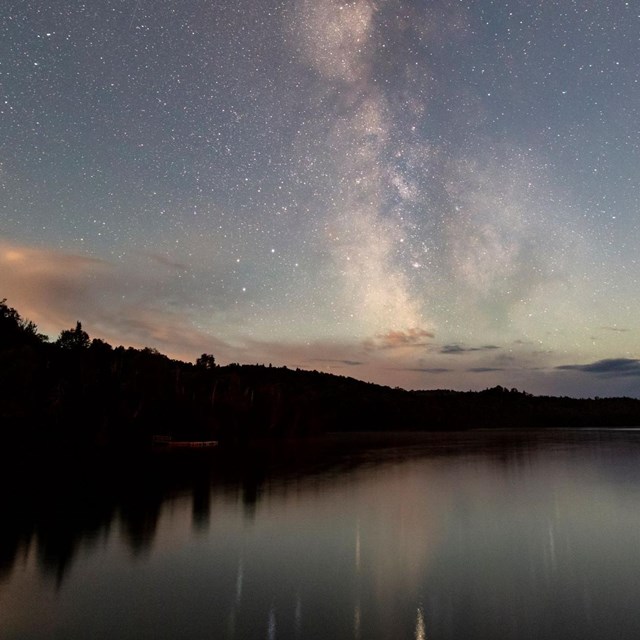 Isle Royale National Park
Isle Royale National ParkCommitted to staying wild, this isolated island off the northern coast of Lake Superior provides key insights into ecological interactions.
-
 Pictured Rocks National Lakeshore
Pictured Rocks National LakeshoreExplore sandstone cliffs, beaches, inland lakes, northern hardwood forests, the Grand Sable Dunes, and hidden waterfalls along Lake Superior
-
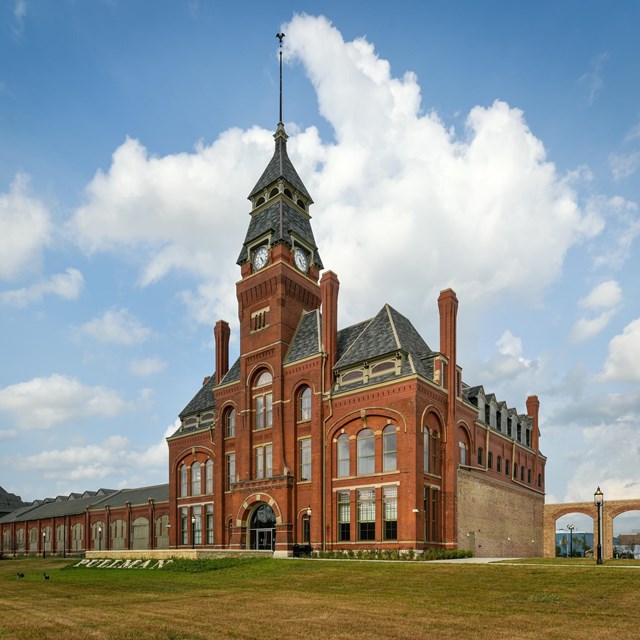 Pullman National Historical Park
Pullman National Historical ParkThe park tells the story of one of the first planned industrial communities in the United States and its role in American labor history.
-
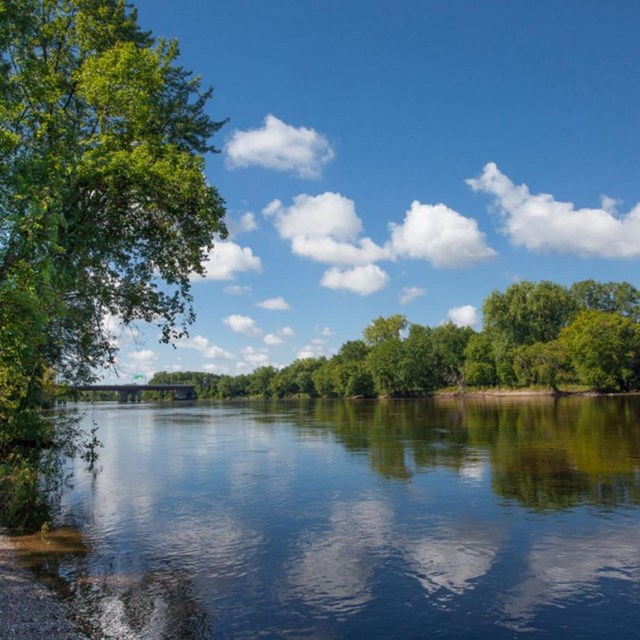 Mississippi National River & Rec. Area
Mississippi National River & Rec. AreaIn the middle of a bustling urban setting, this 72 mile long river park brings nature and recreation together.
-
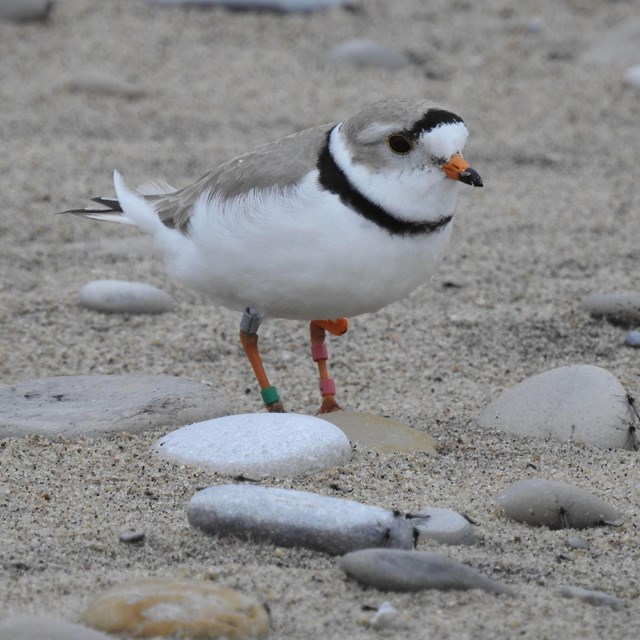 Sleeping Bear Dunes National Lakeshore
Sleeping Bear Dunes National LakeshoreSandy beaches, bluffs that tower above Lake Michigan, lush forests, clear inland lakes, unique flora and fauna, and two remote islands.
-
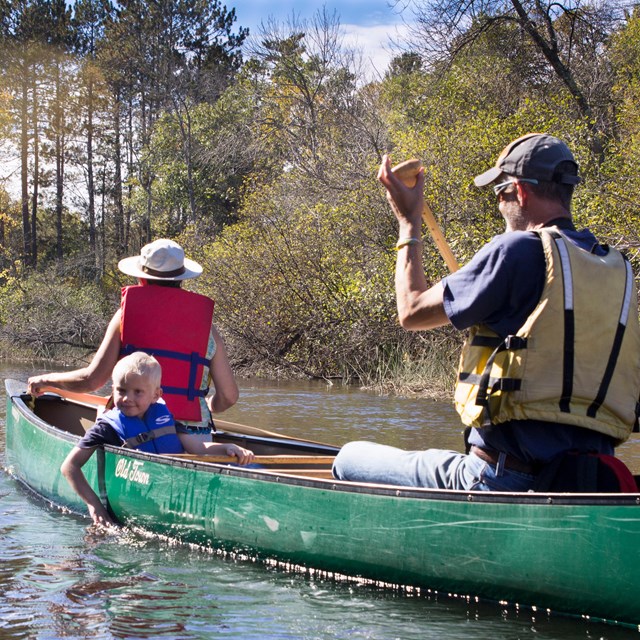 Saint Croix National Scenic Riverway
Saint Croix National Scenic RiverwayOver 200 miles of clean water that glides and rushes through a forested landscape. Paddle, boat, fish, and camp in wild and scenic beauty
-
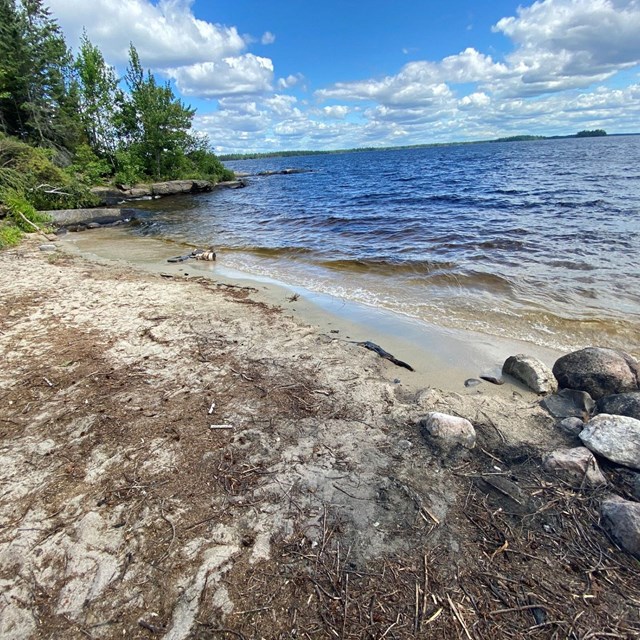 Voyageurs National Parks
Voyageurs National ParksA place of transition between land and aquatic ecosystems, southern boreal and northern hardwood forests, and wild and developed lands.
Last updated: November 8, 2024
